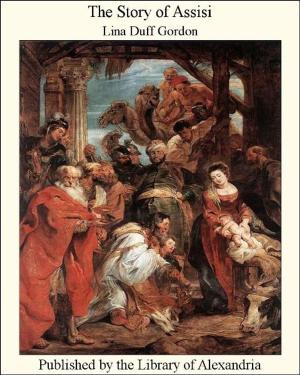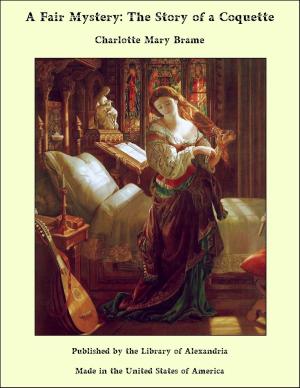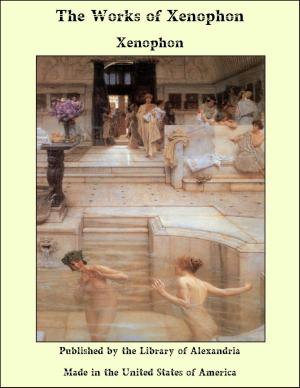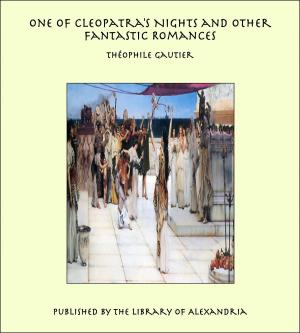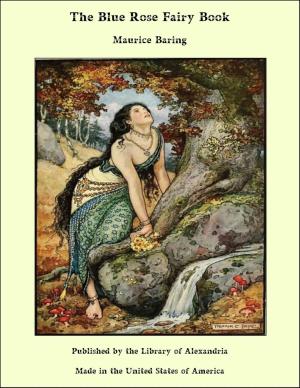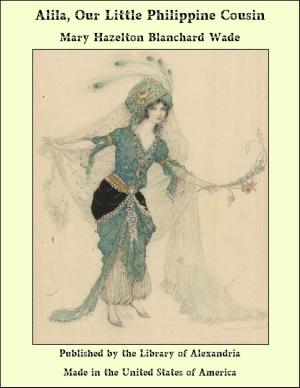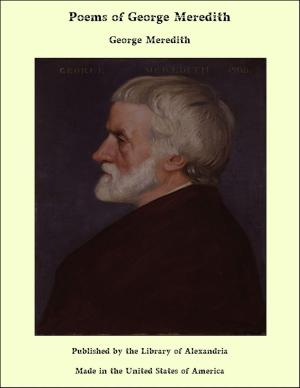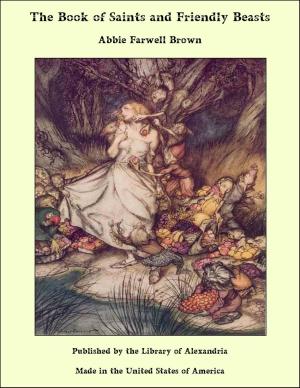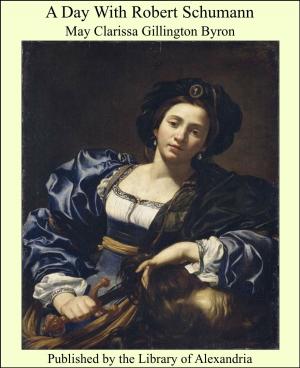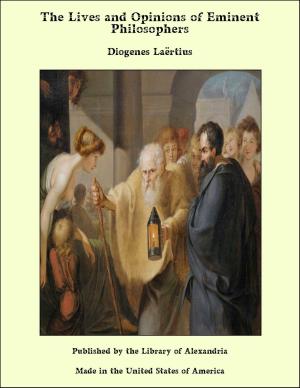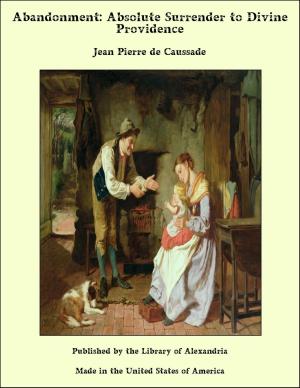Old Friends, Epistolary Parody
Nonfiction, Religion & Spirituality, New Age, History, Fiction & Literature| Author: | Andrew Lang | ISBN: | 9781465601018 |
| Publisher: | Library of Alexandria | Publication: | March 8, 2015 |
| Imprint: | Language: | English |
| Author: | Andrew Lang |
| ISBN: | 9781465601018 |
| Publisher: | Library of Alexandria |
| Publication: | March 8, 2015 |
| Imprint: | |
| Language: | English |
Every fancy which dwells much with the unborn and immortal characters of Fiction must ask itself, Did the persons in contemporary novels never meet? In so little a world their paths must often have crossed, their orbits must have intersected, though we hear nothing about the adventure from the accredited narrators. In historical fiction authors make their people meet real men and women of history—Louis XI., Lazarus, Mary Queen of Scots, General Webbe, Moses, the Man in the Iron Mask, Marie Antoinette; the list is endless. But novelists, in spite of Mr. Thackeray’s advice to Alexandre Dumas, and of his own example in “Rebecca and Rowena,” have not introduced each other’s characters. Dumas never pursued the fortunes of the Master of Ravenswood after he was picked up by that coasting vessel in the Kelpie’s Flow. Sometimes a meeting between characters in novels by different hands looked all but unavoidable. “Pendennis” and “David Copperfield” came out simultaneously in numbers, yet Pen never encountered Steerforth at the University, nor did Warrington, in his life of journalism, jostle against a reporter named David Copperfield. One fears that the Major would have called Steerforth a tiger, that Pen would have been very loftily condescending to the nephew of Betsy Trotwood. But Captain Costigan would scarcely have refused to take a sip of Mr. Micawber’s punch, and I doubt, not that Litimer would have conspired darkly with Morgan, the Major’s sinister man. Most of those delightful sets of old friends, the Dickens and Thackeray people, might well have met, though they belonged to very different worlds. In older novels, too, it might easily have chanced that Mr. Edward Waverley of Waverley Honour, came into contact with Lieutenant Booth, or, after the Forty-five, with Thomas Jones, or, in Scotland, Balmawhapple might have foregathered with Lieutenant Lismahagow. Might not even Jeanie Deans have crossed the path of Major Lambert of the “Virginians,” and been helped on her way by that good man? Assuredly Dugald Dalgetty in his wanderings in search of fights and fortune may have crushed a cup or rattled a dicebox with four gallant gentlemen of the King’s Mousquetaires. It is agreeable to wonder what all these very real people would have thought of their companions in the region of Romance, and to guess how their natures would have acted and reacted on each other.
Every fancy which dwells much with the unborn and immortal characters of Fiction must ask itself, Did the persons in contemporary novels never meet? In so little a world their paths must often have crossed, their orbits must have intersected, though we hear nothing about the adventure from the accredited narrators. In historical fiction authors make their people meet real men and women of history—Louis XI., Lazarus, Mary Queen of Scots, General Webbe, Moses, the Man in the Iron Mask, Marie Antoinette; the list is endless. But novelists, in spite of Mr. Thackeray’s advice to Alexandre Dumas, and of his own example in “Rebecca and Rowena,” have not introduced each other’s characters. Dumas never pursued the fortunes of the Master of Ravenswood after he was picked up by that coasting vessel in the Kelpie’s Flow. Sometimes a meeting between characters in novels by different hands looked all but unavoidable. “Pendennis” and “David Copperfield” came out simultaneously in numbers, yet Pen never encountered Steerforth at the University, nor did Warrington, in his life of journalism, jostle against a reporter named David Copperfield. One fears that the Major would have called Steerforth a tiger, that Pen would have been very loftily condescending to the nephew of Betsy Trotwood. But Captain Costigan would scarcely have refused to take a sip of Mr. Micawber’s punch, and I doubt, not that Litimer would have conspired darkly with Morgan, the Major’s sinister man. Most of those delightful sets of old friends, the Dickens and Thackeray people, might well have met, though they belonged to very different worlds. In older novels, too, it might easily have chanced that Mr. Edward Waverley of Waverley Honour, came into contact with Lieutenant Booth, or, after the Forty-five, with Thomas Jones, or, in Scotland, Balmawhapple might have foregathered with Lieutenant Lismahagow. Might not even Jeanie Deans have crossed the path of Major Lambert of the “Virginians,” and been helped on her way by that good man? Assuredly Dugald Dalgetty in his wanderings in search of fights and fortune may have crushed a cup or rattled a dicebox with four gallant gentlemen of the King’s Mousquetaires. It is agreeable to wonder what all these very real people would have thought of their companions in the region of Romance, and to guess how their natures would have acted and reacted on each other.


